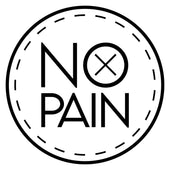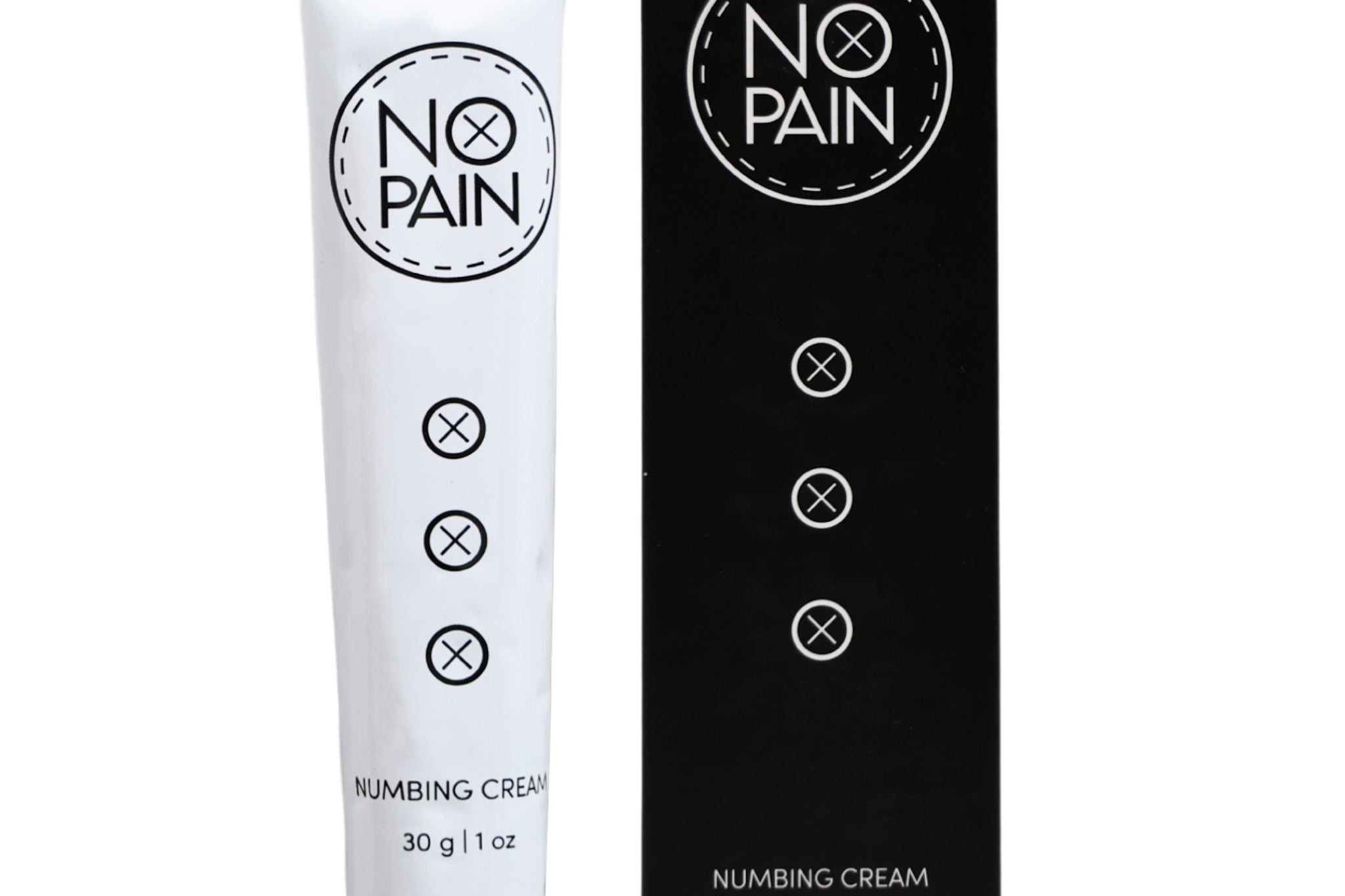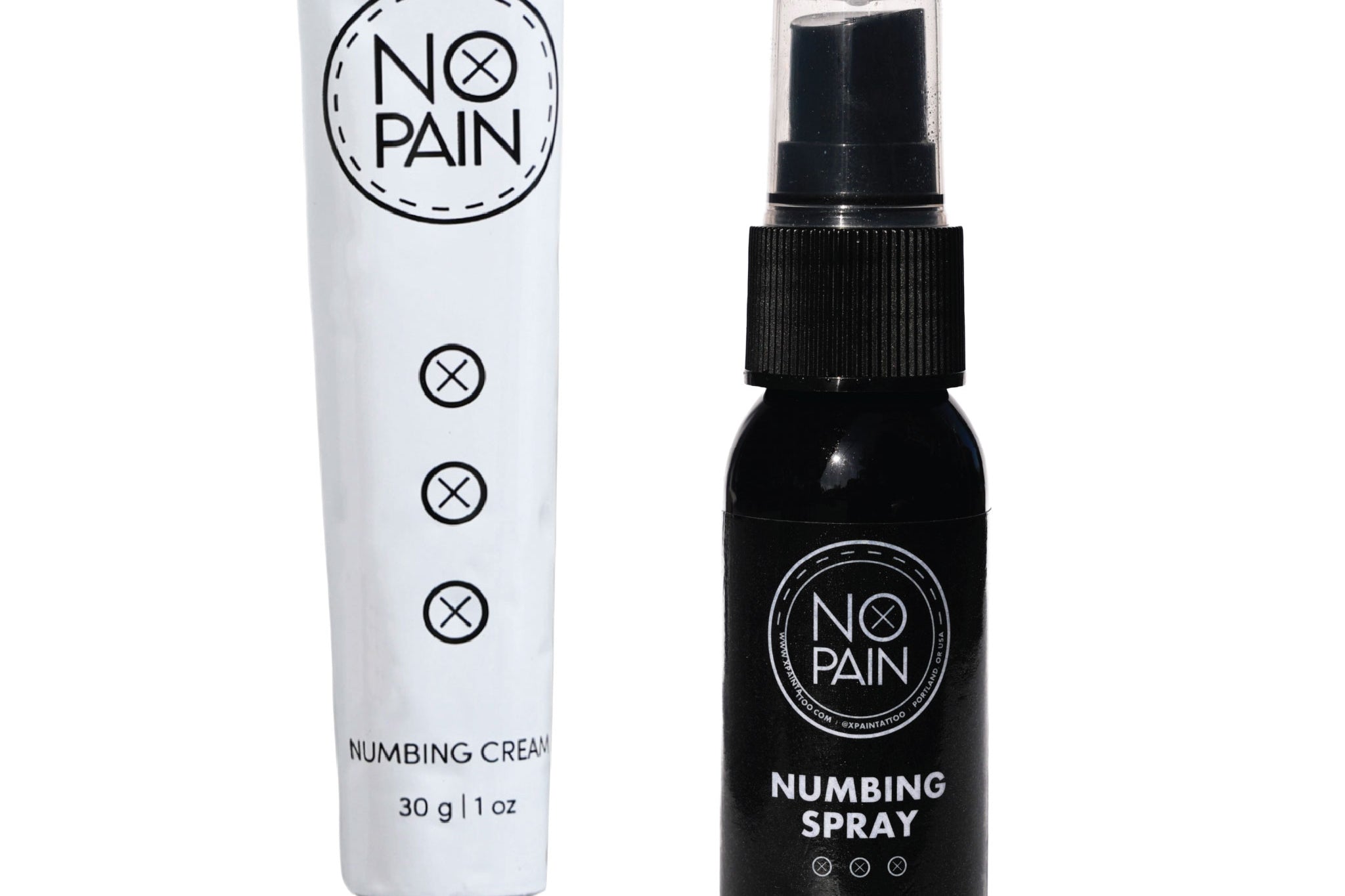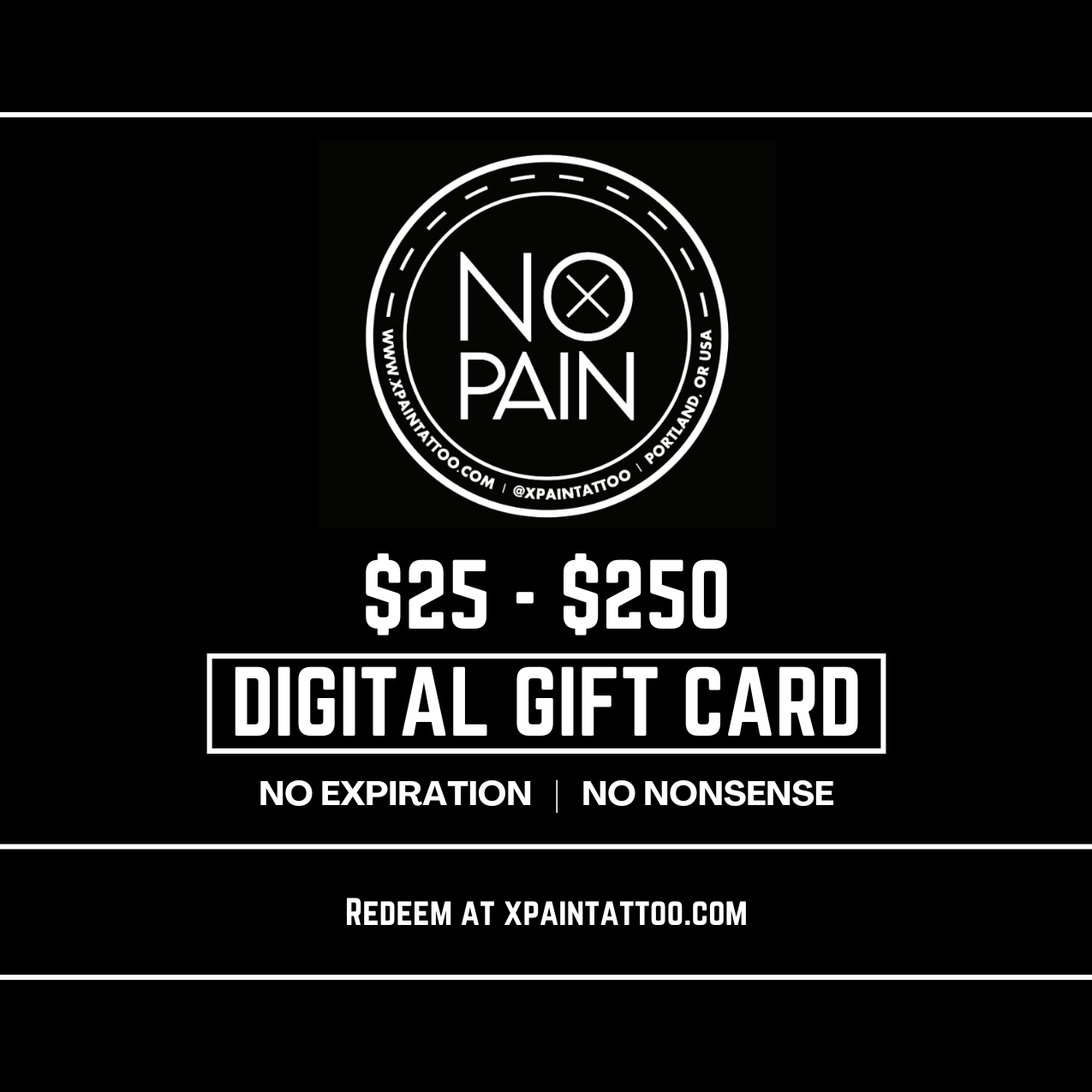Tattoos are a common sight everywhere, from the coffee shop to the corporate office. Yet, there's still a category of tattoos that carries a heavy, old-school reputation: the "job stopper."
But in 2025, in a world where tattoos are more mainstream than ever, what does that term actually mean? Does getting a hand or neck tattoo still stop you from getting a job?
This is a modern guide to understanding the concept of job stoppers, how the perception has changed, and the real-world considerations you should still make before getting a highly visible tattoo.
The Traditional Definition of a "Job Stopper"
Traditionally, a "job stopper" refers to any tattoo on the hands, neck, or face.
The name is brutally direct: it came from the fact that these tattoos could not be covered by a standard business suit or long-sleeved shirt. For much of the 20th century, having tattoos in these visible areas would effectively "stop" you from being hired for most corporate or public-facing jobs.
In the tattoo culture of the past, these placements were reserved for heavily tattooed individuals who had "put in their time" and had accepted that they would likely work outside of mainstream society. Getting your hands tattooed before you had full sleeves was considered a major faux pas.
The Modern Reality: Are They Still Job Stoppers?
This is the core of the modern debate. The answer is no longer a simple "yes." The impact of a hand or neck tattoo today depends heavily on your career field, your geographic location, and the nature of the tattoo itself.
-
The "Creative & Alternative" Fields: In many creative industries—like tech, marketing, media, the arts, food service, and skilled trades—visible tattoos are often completely accepted and sometimes even celebrated. Here in a progressive city like Portland, you'll see baristas, software developers, and artists with full neck and hand tattoos.
-
The "Conservative" Fields: However, in more conservative or traditional fields—such as corporate law, finance, some areas of medicine, and certain government roles—a visible tattoo on the hands, neck, or face can still be a significant barrier to employment or advancement. The perception, fair or not, can be that it detracts from a traditional "professional" image.
-
The Tattoo Itself Matters: A small, elegant, fine-line tattoo on the side of the hand will be viewed very differently from an offensive or poorly executed phrase tattooed across your knuckles. Quality and subject matter are huge factors.
Questions to Ask Yourself Before Getting a "Job Stopper"
-
"What is my current and desired career path?" Be brutally honest with yourself about the industry you're in and where you want to go in the next 10-20 years.
-
"Am I prepared for the constant attention and judgment?" Visible tattoos, especially on the face and neck, will draw comments and stares for the rest of your life, both positive and negative. You have to be comfortable with being a conversation starter.
-
"Am I choosing a top-tier artist?" For a tattoo that will be one of the first things people see when they meet you, you cannot compromise on quality. You must find an elite artist who specializes in these difficult areas.
The Physical Commitment of a Job Stopper
Beyond the social implications, it's important to remember that these placements are also some of the most physically challenging to get tattooed. The hands, neck, and head are all high-pain areas.
The increasing popularity of these placements has gone hand-in-hand with advancements in pain management. Modern tools make these once-unbearable spots more accessible. Using a powerful numbing agent like our No Pain Tattoo Numbing Cream can make the difference, allowing you to sit perfectly still for the precision work that these highly visible tattoos demand. It's part of the modern approach that makes getting a "job stopper" a more calculated and comfortable decision than ever before.
The Verdict: The term "job stopper" is a relic of a different era, but its shadow still lingers. In 2025, a hand or neck tattoo is more of a "career-path-definer" than an automatic "job-stopper." The decision to get one is a deeply personal choice that requires a serious and honest assessment of your life and career.
By understanding the modern context and making an informed decision, you can ensure it's a statement you're proud to make for the rest of your life.




